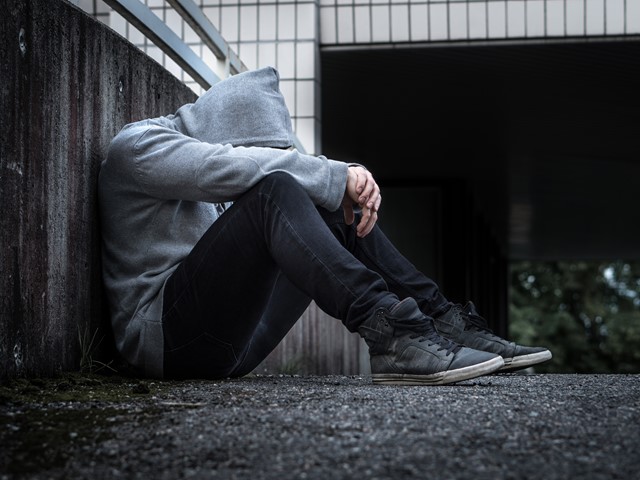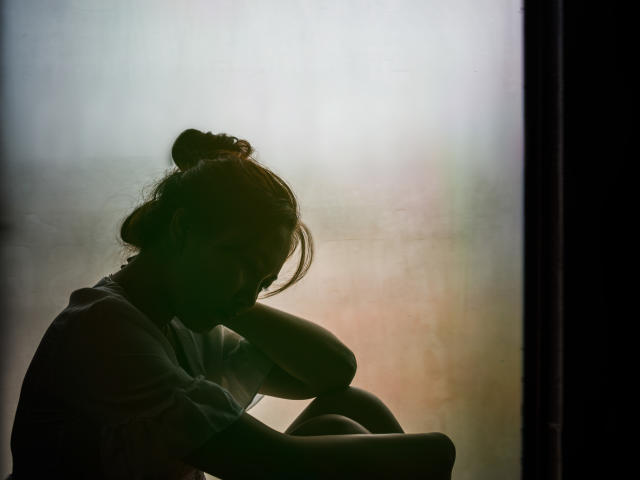
Anxiety has become an increasingly prevalent mental health condition in today’s fast-paced and stressful world. While there are various treatment options available, one often overlooked and underutilized strategy for managing anxiety is exercise and physical activity. Engaging in regular exercise has been proven to have a multitude of benefits for both our physical and mental well-being. In this blog post, we will explore the important role that exercise plays in reducing anxiety and promoting overall mental health.
Understanding Anxiety
Anxiety is a complex mental health disorder characterized by persistent and excessive worry, fear, and unease. It can manifest in various ways, such as generalized anxiety disorder, panic disorder, social anxiety disorder, or specific phobias. People experiencing anxiety often suffer from physical symptoms like increased heart rate, muscle tension, and restlessness, which can significantly impact their daily lives.
Exercise as a Natural Anxiety Reducer
Regular exercise has been shown to have a profound impact on anxiety levels. When we exercise, our body releases endorphins, also known as “feel-good” hormones, which elevate our mood and create a sense of well-being. This natural boost in endorphins helps combat anxiety and improves overall mental health. Engaging in physical activity also diverts our attention away from distressing thoughts and allows us to focus on the present moment, providing a mental break from anxiety-inducing triggers.
Stress Reduction and Cortisol Regulation
Stress is often a major trigger for anxiety, and exercise serves as a powerful stress reliever. Physical activity helps reduce the production of stress hormones, particularly cortisol, which can contribute to anxiety symptoms. Regular exercise trains our body to better respond to stress by improving our resilience and increasing our ability to cope with challenging situations. By engaging in physical activity, we provide ourselves with a healthy outlet for releasing tension and pent-up energy, leading to a calmer and more relaxed state of mind.
Promotion of Neurotransmitters and Neuroplasticity
Exercise has a profound impact on the brain by promoting the release of neurotransmitters such as dopamine, serotonin, and norepinephrine. These neurotransmitters play a crucial role in regulating mood, reducing stress, and improving overall mental well-being. Regular exercise also enhances neuroplasticity, which is the brain’s ability to reorganize and form new connections. By promoting neuroplasticity, exercise helps rewires the brain and strengthens neural pathways associated with positive emotions and resilience, ultimately reducing anxiety levels.

Improved Sleep Quality
Anxiety often disrupts sleep patterns, leading to insomnia and further exacerbating anxiety symptoms. Exercise has been shown to improve sleep quality, allowing individuals to experience deeper and more restful sleep. Physical activity increases the body’s temperature, and as it cools down afterward, it signals the release of sleep-inducing hormones, such as melatonin. Moreover, exercise tires both the body and mind, helping individuals relax and unwind before bedtime. By incorporating exercise into their routine, individuals with anxiety can establish healthier sleep patterns and wake up feeling more refreshed and less anxious.
Social Interaction and Support
Many forms of exercise, such as team sports, group fitness classes, or outdoor activities, provide opportunities for social interaction. Social support plays a crucial role in managing anxiety, as it provides a sense of belonging, reduces feelings of isolation, and offers a support system. Engaging in exercise with others fosters social connections, builds friendships, and creates a supportive environment that can positively impact mental health. Furthermore, the shared experience of exercise can serve as a distraction from anxious thoughts and help individuals feel more connected to their community.
Conclusion
In conclusion, exercise and physical activity offer an effective and accessible means of reducing anxiety. For easy-to-understand, in-depth information about anxiety, come and visit Reader’s Digest to know more.
